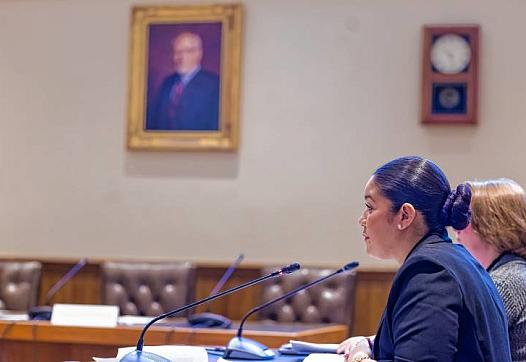
A reporter seeks answers on the use of residential treatment programs nationwide — and the rationale for sending kids away from home.

A reporter seeks answers on the use of residential treatment programs nationwide — and the rationale for sending kids away from home.
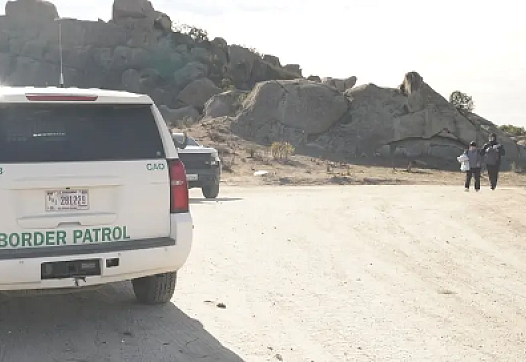
隨著川普政府收緊移民執法,越來越多無證亞洲移民陷入法律僵局——無法調整身份、無法回國,也無法公開談論自己的生活。
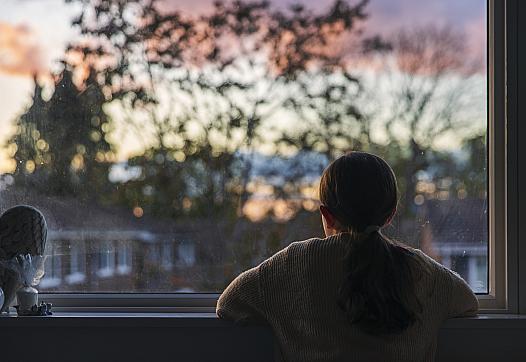
A reporter finds rising needs, funding gaps, and families forced to give up custody for care.

Many New Hampshire kids with serious mental health issues are sent out of state due to lack of local care. Families face long waits, trauma, and tough choices with limited in-home or community support.

The conversations were emotional and difficult to hear. But parents wanted to share stories about who their children were and the unimaginable loss they experienced, writes reporter Tabitha Mueller.
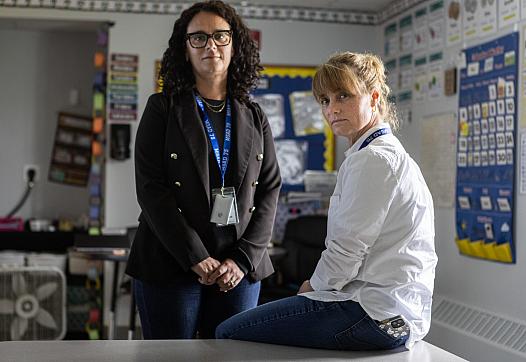
While the state Department of Education has made trainings and tools available, researchers say it needs to do more to help districts use them.

The Office of the Child Advocate has served as a critical eye over care for children in New Hampshire since it was created in 2018.
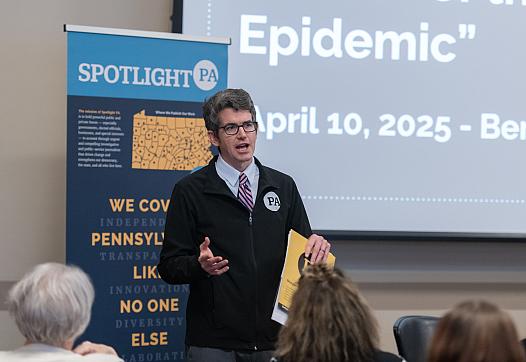
Watch highlights from Spotlight PA’s April 10 forum on the opioid crisis in Reading, Pa.
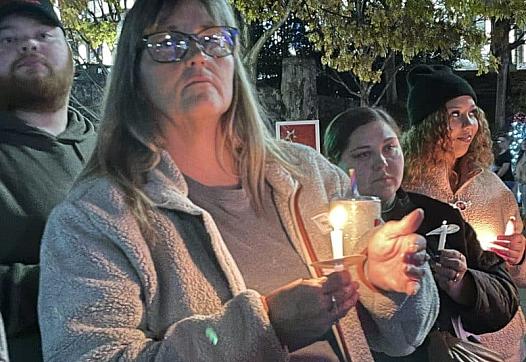
From 2011–2021, 300,000+ kids lost a parent to overdoses. Despite billions in opioid settlements, grandparents caring for them receive little support.

A New Hampshire family struggled to find local mental health care for their daughter, leading to years of out-of-state residential programs. Gaps in services left them with no other choice.